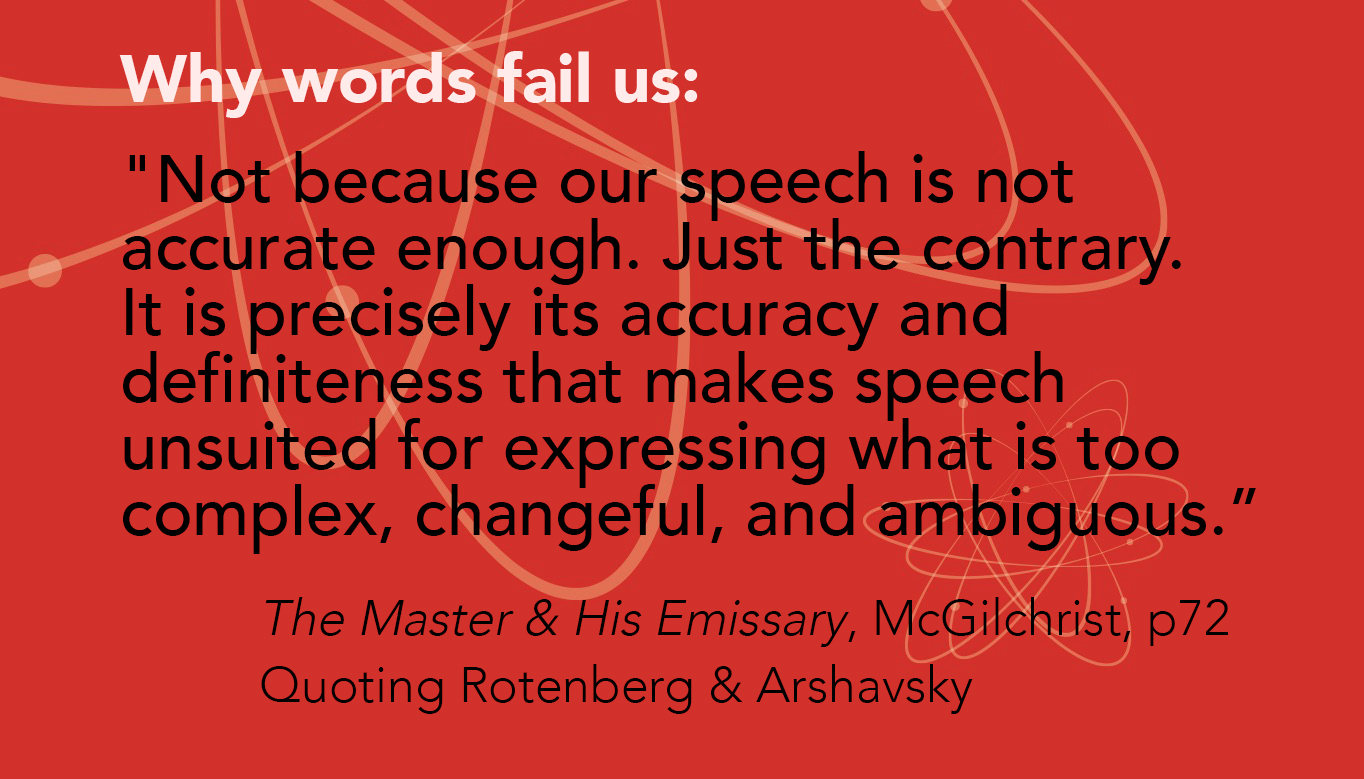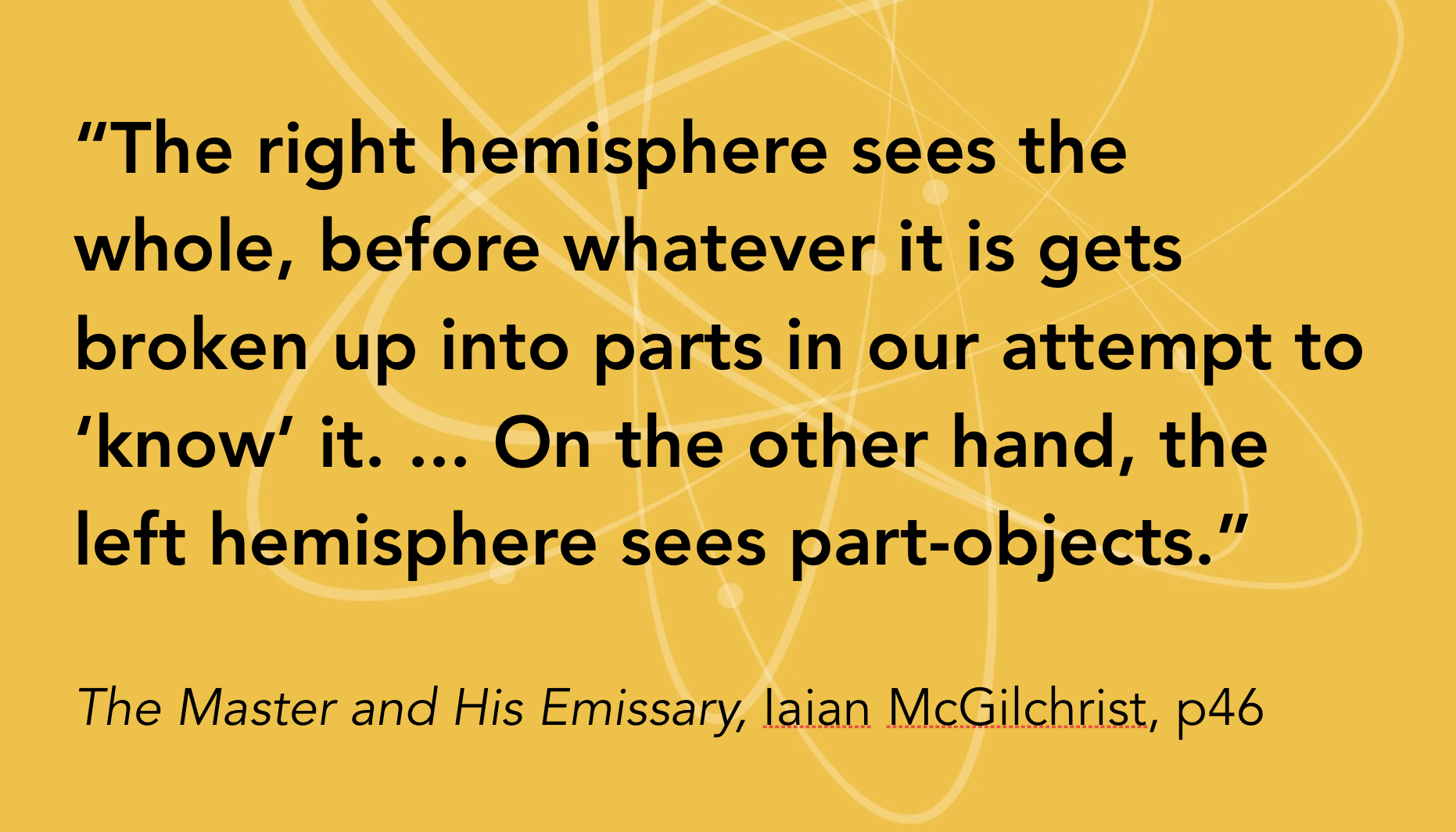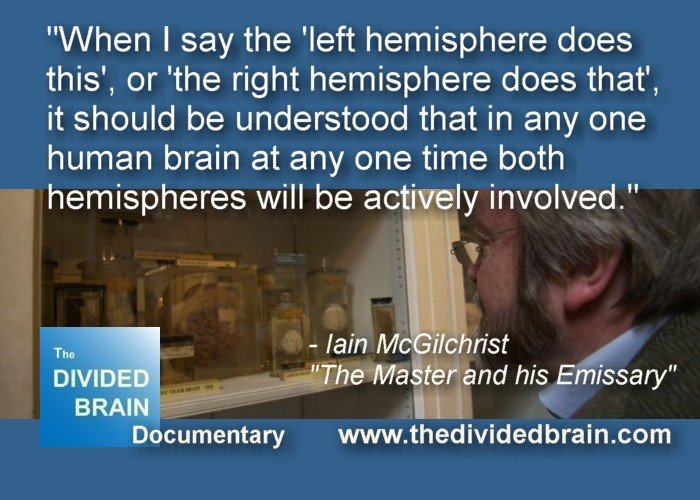
The Complicated vs the Complex: Very Different Types of Experts

It has been mystifying for me how respect for experts has waned over the past decade. Bringing in experienced people, respected for their expertise, seems like a damned good idea.
Somehow, though, that isn’t happening. And in my field, marketing, there’s an “anti-expertise” movement led by over-hyped startup leaders or wanna-be-gurus like Gary Vaynerchuk.
Yet the mere term “expert” is one of vague meaning. We must begin to distinguish types of experts and I will start today considering those who succeed with complicated problems and experts who thrive amid the complex.
I present these as opposites to make the idea clear. The truth is, people are combinations of both and there’s a continuum between the two extremes. I also do not claim this is the ONLY meaningful split. There are other models to use, this one just seems useful right now.
The Type 1 Expert: Left Hemispheric Strength
In truth, expertise for the complicated problem seems to rely heavily on the attributes of the left hemisphere of the brain. (I’ll suggest my recent post on innovative thinking for some basics on good thinking about left/right balances from “The Master and His Emissary” by Iain McGilchrist.)
McGilchrist suggests that the left hemisphere brain is where much of language dwells (not all) and that its strengths are categorizing, classifying, and sorting. Yup. Just like the high priced consultants from the big consultancies.
With this in mind, I was reminded recently of how often people confuse using precise language with being an expert. The problem is, using precise language isn’t a good indicator of expertise — it doesn’t mean someone understands what’s important. More importantly, I know powerful experts who take care to avoid precision language when it won’t express what’s important.
Unfortunately, with the left hemisphere expertise holding onto classifications and categories, it becomes anchored to the past rather than prepared to move to the future. Interestingly, many left hemispheric experts use a demand for precise language as a way to control their place in the world — it is often a very risk-averse expertise.
These experts tend to do superb work in complicated, rule driven areas which can easily be reduced to component parts. No company could be run without them.
The Type 2 Expert: Right Hemispheric Strength
Building off McGilchrist’s ideas, the second type of expertise comes from the right hemisphere which sees the unique specifics of a situation, comprehends the connections with other issues, comprehends the gestalt present, effectively and quickly evaluates all this, and see options for action that are unusually accurate and insightful.
These experts have been there, done things, and learned from those things how to anticipate the impact of actions and apply expertise for the best impact.
 This approach to expertise brings fresh thinking based on a lifetime’s education and experience. This expertise is far more capable of applying lessons across areas of application. This expertise embraces smart risks because it sees more fully the risk involved in NOT taking risks — and usually sees opportunity to control the risks.
This approach to expertise brings fresh thinking based on a lifetime’s education and experience. This expertise is far more capable of applying lessons across areas of application. This expertise embraces smart risks because it sees more fully the risk involved in NOT taking risks — and usually sees opportunity to control the risks.
Unfortunately, the right hemisphere is also not the primary seat of language and it is NOT the seat of categorization and abstraction. So these experts aren’t nearly as nimble as the first at articulating the unusually powerful things they perceive. And don’t expect them to adhere to strict classifications and terminology. Instead, expect that they see what truly matters — what’s most important.
These experts likely also are impatient with complicated, rule bound situations and would be a poor fit for doing one’s taxes.
Organizations don’t often like right hemispheric experts — they make organizations uncomfortable. They make engineers uncomfortable (in my experience). And they are often blocked out of participation because many companies enjoy the absolute predictability of the left hemispheric expertise.
What organizations miss is that these experts are the only ones who can leverage tremendous impact from those situations which are complex.
Startups and the Myth of Naïveté
The biggest part of the anti-expertise “movement” comes from startups who hire the Type 1 experts noted above when they need Type 2. These hires inevitably fail — but without language distinguishing the two they claim all experts are a problem instead of their own choice to hire the wrong people.
Usually their core error is to have hired experts based on the appearances of “expertise”. This tends to happen more often in MBA, engineer, accountant, or manufacturing driven organizations where specificity of language is assumed to indicate an expert. These organizations have a poor understanding of need for someone to grasp the complex.
Over and over, then, we see these wrong experts announced with great fanfare and given tremendous un-deserved credibility because they “sound right”. But check back 6 months or a year later and the experts, if still around, are ignored or have been politically neutralized.
All the while, the experts the startup really needed have been passed over and the startup would never even consider hiring them. In marketing, experts with the natural understanding of complexity needed for startup success don’t fit the caricatures of marketing which startups embrace: the highly public marketing gurus who stride on a stage wearing a headset OR engineers at heart with a patina of marketing.
When the inevitable train wreck happens, the result isn’t that startup founders accept responsibility for hiring the wrong expert. Instead, they write in their books that experts are a waste of money and that a smart novice is better than a true expert for a startup.
You and I know that’s bunk — yet the perceived value of all expertise drops as a result.
Expert Types and Cable News
It’s worth noting that one of the critical reasons for a decay in respect for expertise is the over-use of so-called “experts” on TV. We must remember that to play an expert on TV they just have to be good at appearing to be an expert. That means we far more often get Type 1 experts — if the personality on TV has any true expertise at all.
Experts and Consultancies
In many ways, the big consultancies no longer consult, they are paid to implement highly technical programs dominated by language. Wait. Did I say language? I did.
Read a consultant website and listen to their representative and what you hear is highly technical language presented with precision to convince you they are experts. Their entire goal is convincing you they are a Type 1 expert.
Sometimes, almost by accident, you’ll find a really superb individual in these consultancies who relies well on their right hemisphere. But, usually, the consultancies gather an over-abundance of expertise from the left hemisphere and then tell us they are what we need.
We Need Experts of Both Types
At different times, we need the different types of experts.
- When facing a challenge requiring innovation and to see into the future, there’s no question that the second type — those with right hemispheric strength — are the experts that deliver.
- On the other hand, if I need someone to sort out a tricky financial and tax problem, they need (desperately) to have expertise of the first type — heavily based on the left hemisphere.
- When I need someone to write a piece of literature that breaks through for a new product, then I need an expert with right hemispheric strength — because the left tends to stereotype too quickly and won’t “break through”.
- When I need someone to write a technical document which is accurate and which will protect my company from lawsuits, I’m running to find an expert of the first type.
Which type of expert can you trust most? The right one for the right situation.
Complexity and Expertise
Rick Nason contrasts “complicated” situations with the complex (as I’ve written here). There’s no lack of need for expertise in complicated situations — but it’s the expertise of the first type.
On the other hand, when you are confronting truly complex situations — like starting up a new company or marketing a new product — then the only experts you should consider are those of the second type.
This post merely nibbles at the surface of a rich area of thought. So ponder this concept and let it roll around your mind. Then begin to think of expertise in new ways and succeed more with the right expertise for your challenge.
Be healthy in this time of chaos.
A note on right and left hemisphere and on Iain McGilchrist: Like any successful book, The “Master and His Emissary” has spawned a small industry of nay-sayers. I’m not sure very many of them have read the book.
McGilchrist’s writing (at least in the first 1/2 of the book) is based on reliable medical studies of patients whose right or left hemispheres have been disabled or are damaged. These studies give consistent and important results that help us have potent insight into how the human brain works.
Note that McGilchrist does NOT embrace the simpleton’s version of “Right Brain/Left Brain” which has mis-led us for so long. He reports on the science with subtlety and balance — leaving things complex where the science shows them complex.
Finally, whether his attribution to sides of the brain is fully correct or not, what he says in general holds together with my experience including experience with an uncle whose left hemisphere was permanently damaged by a stroke and has been that way for 10 years. I expect there are some details wrong in McGilchrist’s writing — it is a long and complex book — but the fundamentals are strong.
©2020 Doug Garnett — All Rights Reserved
Through my company Protonik LLC based in Portland Oregon, I consult with companies on their efforts around new and innovative products and explore what marketers should learn from the field of complexity science. As an adjunct instructor at Portland State University, I teach marketing, consumer behavior, and advertising.
I also advise a select group of clients attempting to bring new life to Shelf Potatoes or taking existing products to new markets. You can read more about these services and my unusual background (math, aerospace, supercomputers, consumer goods & national TV ads) at www.Protonik.net.
Categories: Business and Strategy, Complexity in Business, Innovation

Posted: July 6, 2020 22:06
Rory Sutherland
Posted: July 8, 2020 17:41
Doug Garnett